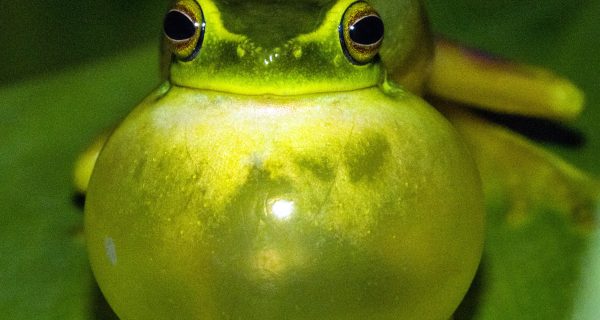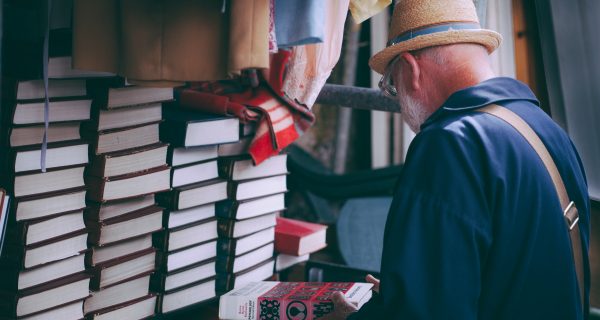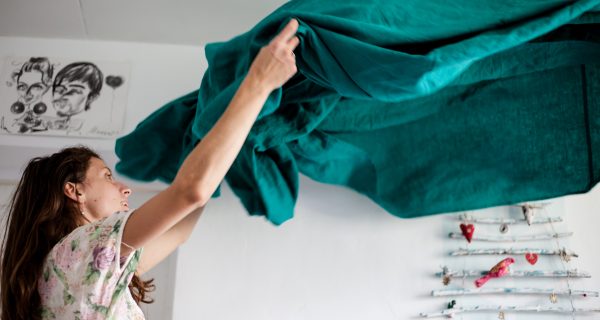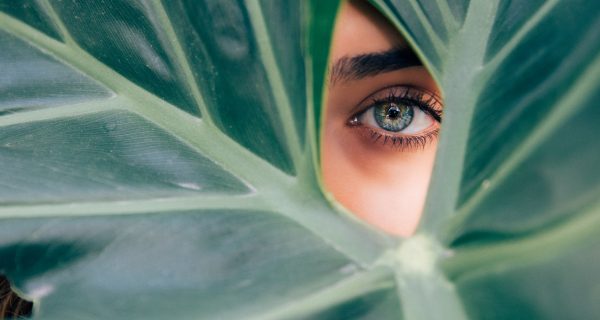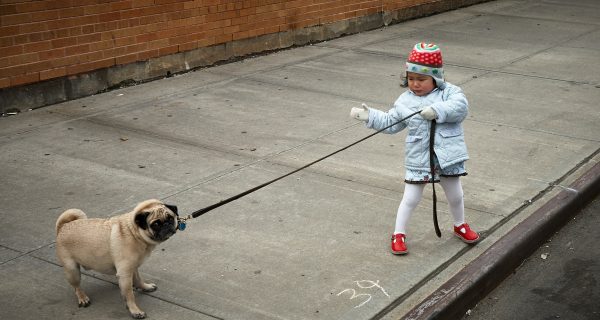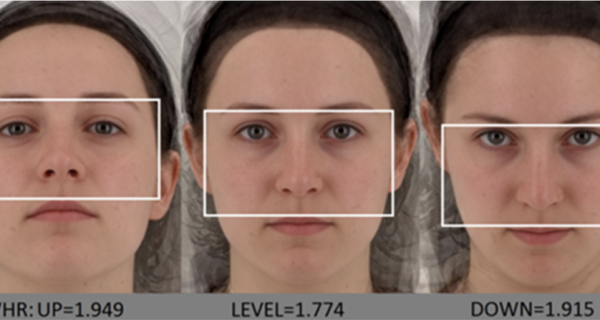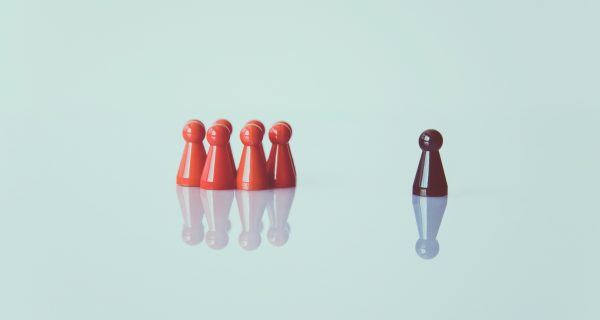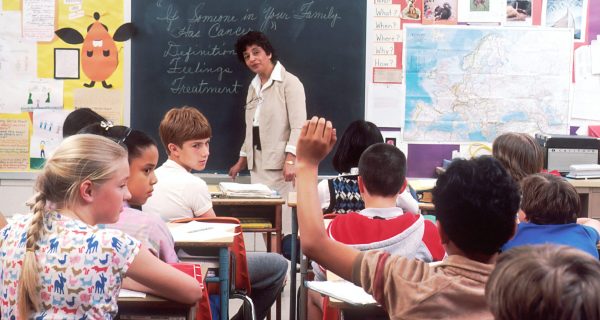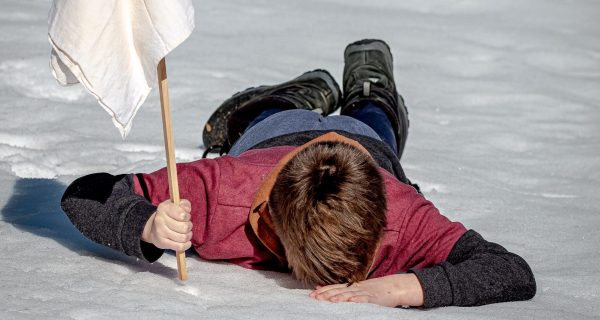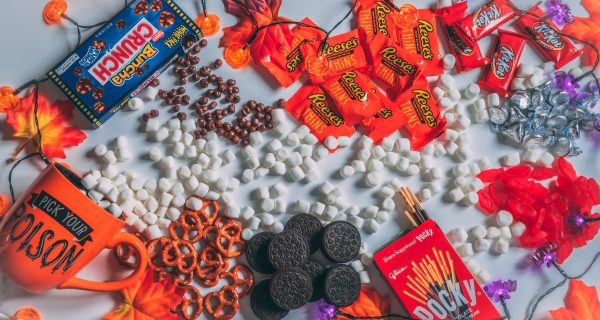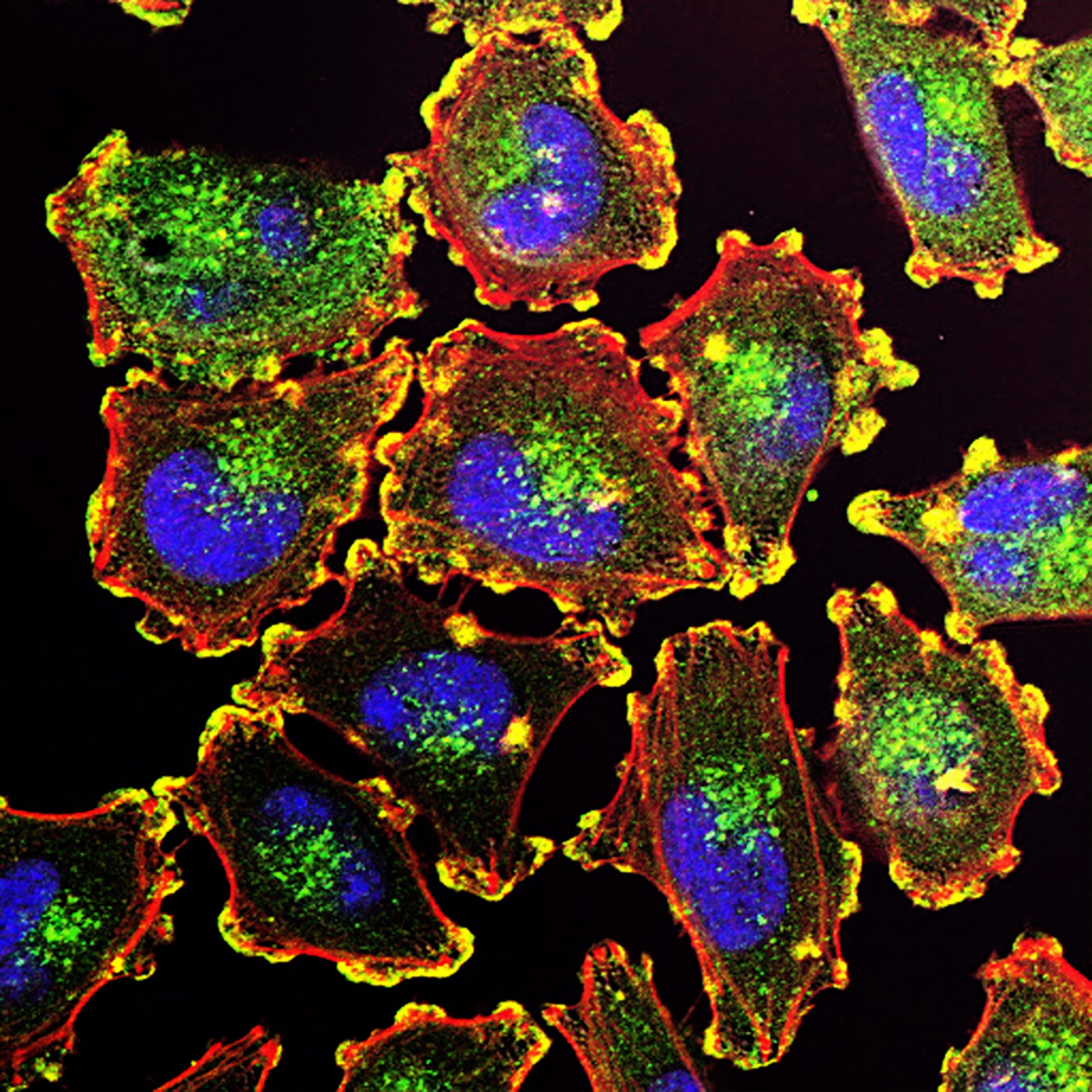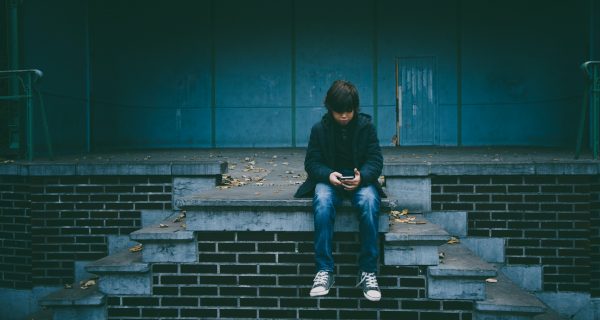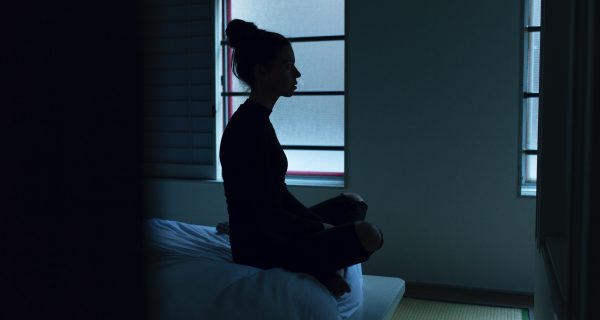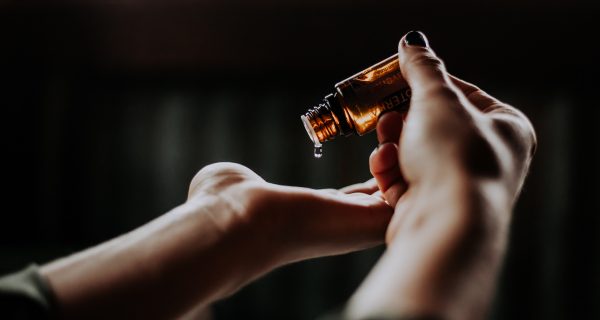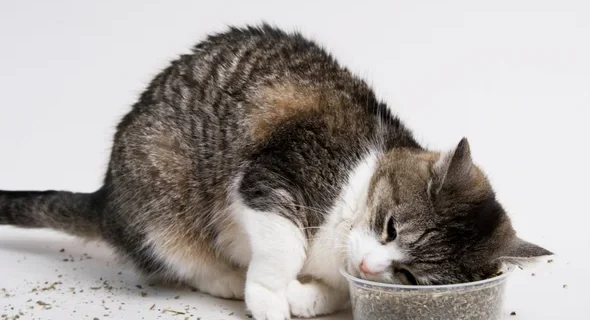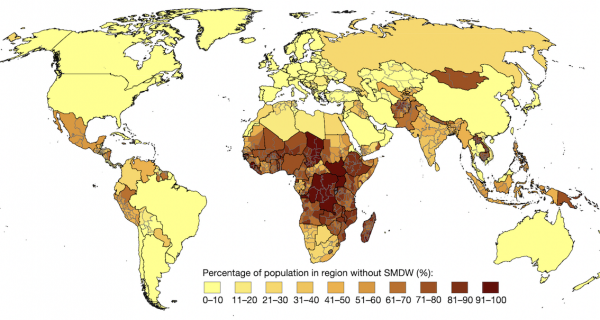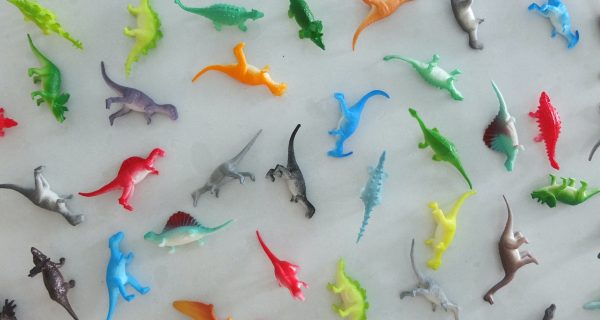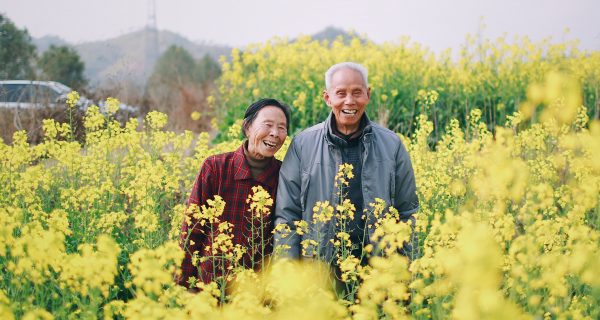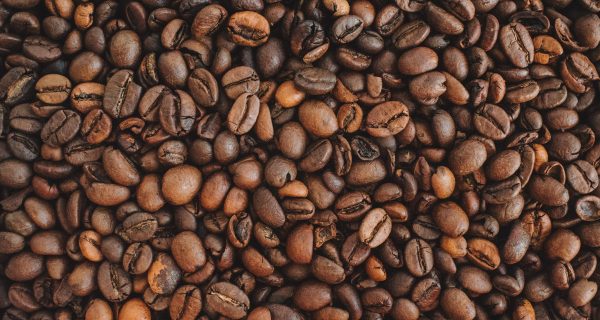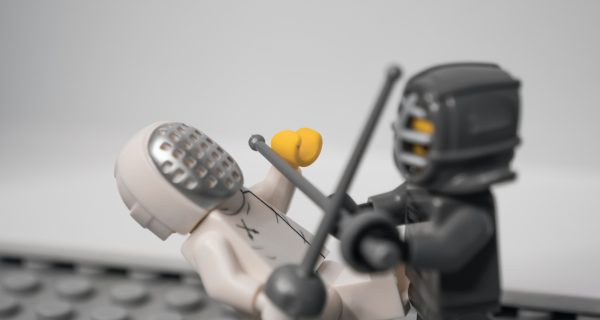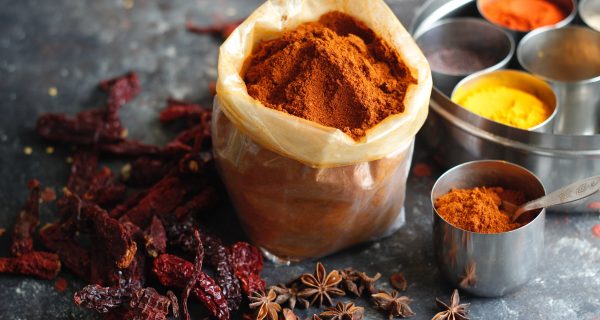Smelling “unpleasantly” might make you less attractive, study shows
In an experiment male participants rated the female faces as less attractive when presented with an unpleasant fragrance
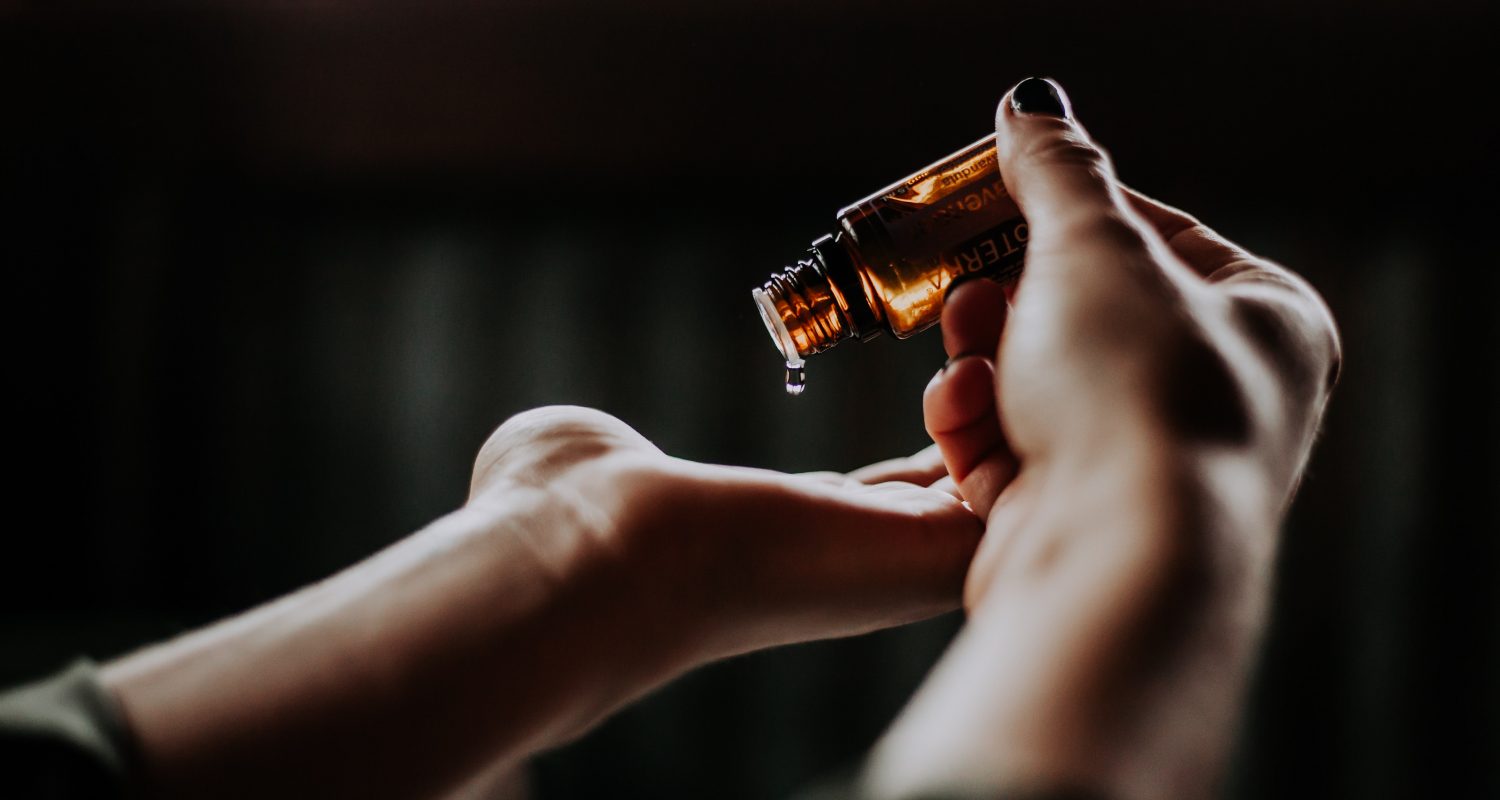
In an experiment led by Charles Spenser, a professor of experimental psychology at the University of Oxford, a group of 32 male participants were asked to rate the attractiveness of a series of briefly presented female faces selected to span a wide age range. During the presentation of the photos, the participants had to smell either pleasant or unpleasant fragrances or clean air.
The results of the experiment showed that the participants’ ratings of the attractiveness, were linked to the intensity, and pleasantness of the fragrances. Moreover, the results reveal that if a male observer perceives an unpleasant odour, it will likely reduce the perceived attractiveness of any female that he happens to be looking at. Furthermore, any decrease in perceived attractiveness in the presence of an unpleasant odour appears to be more pronounced when the odour itself is subjectively rated as more unpleasant, and/or more intense.
In a second experiment, researchers went on to investigate whether the presence of a pleasant fragrance would affect the rated age of the same set of female faces. In this case, 32 participants, both male and female were asked to rate the photos of women in terms of their age, not attractiveness.
The unexpected result from this study was that the mean ratings of the ages associated with each fragrance turned out not to differ, meaning that the fragrances did not impact the age ratings. Nonetheless, the presentation of the fragrances did appear to exert a younger age rating only of female participants on females in the 60–69 age group compared to the 40–49 age group.

